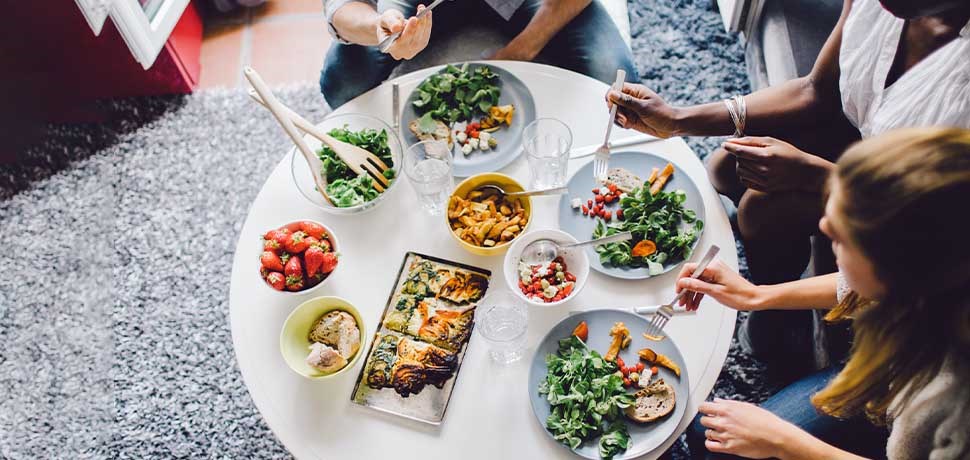
However, there is also a huge connection between food and our mental wellbeing, yet very few of us pay enough attention to this aspect of our relationship with food.
Food and culture
Food and love, nurturing and emotional wellbeing, have all been tangled together for as long as humankind has walked upright. Most cultures in the world celebrate with food and grieve with food. We mark important rites of passage with feasts, and we make political statements with hunger strikes.
Our emotional relationship with food has very little to do with the calories and nutrients that we’re consuming, and a whole lot to do with how we feel about food and the messages we associate with it. Our families of origin leave us with deeply seated and extremely powerful messages about food, acceptance and attachment – and ultimately our self-worth. It can take a lifetime to understand these messages and their impact on our lives, and another lifetime to shift them.
A completely healthy relationship with food would mean that we only ate when we were physically hungry, we ate just until we were no longer hungry, and we only ate food that was optimally nutritious. Very few of us can claim this relationship with food, and perhaps we don’t even want to. But many of us would like a healthier, more relaxed, and more spontaneous relationship with food.
So how do we eat for mental health?
Let’s start with our childhoods. If you grew up in a household where you were forced to eat food you hated, or had to finish every crumb because there were starving children somewhere, or if food was withheld as punishment – you may have some struggles around power and control in relation to food.
One of the most powerful things a child can do is refuse to eat. It is the ultimate expression of free will and most parents will do near anything to get a child to eat. So, we learn that food is power: I either have power or I don’t. To reprogramme this, we need to learn that food is not power, food is nourishment. Here are some ways to do this:
Examining our relationship with food (and why it is this way), can help us adapt our behaviour and make healthier choices. In our next newsletter we’ll look at some Dos and Don’ts when it comes to our emotions and eating.
Yours in Health,
Sasfin